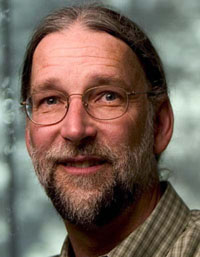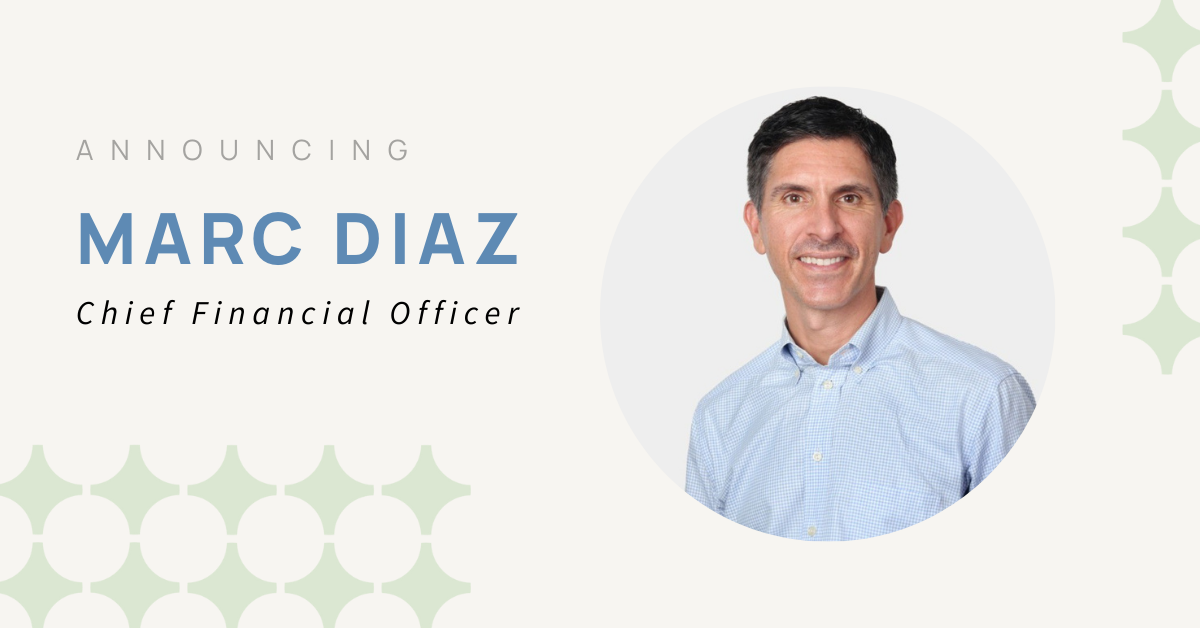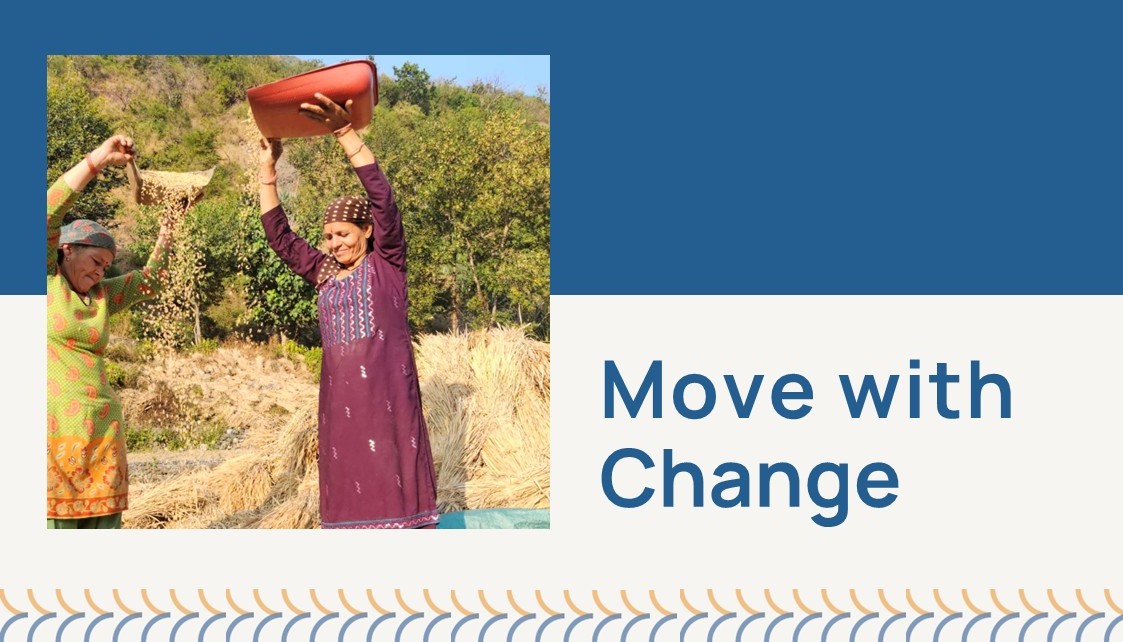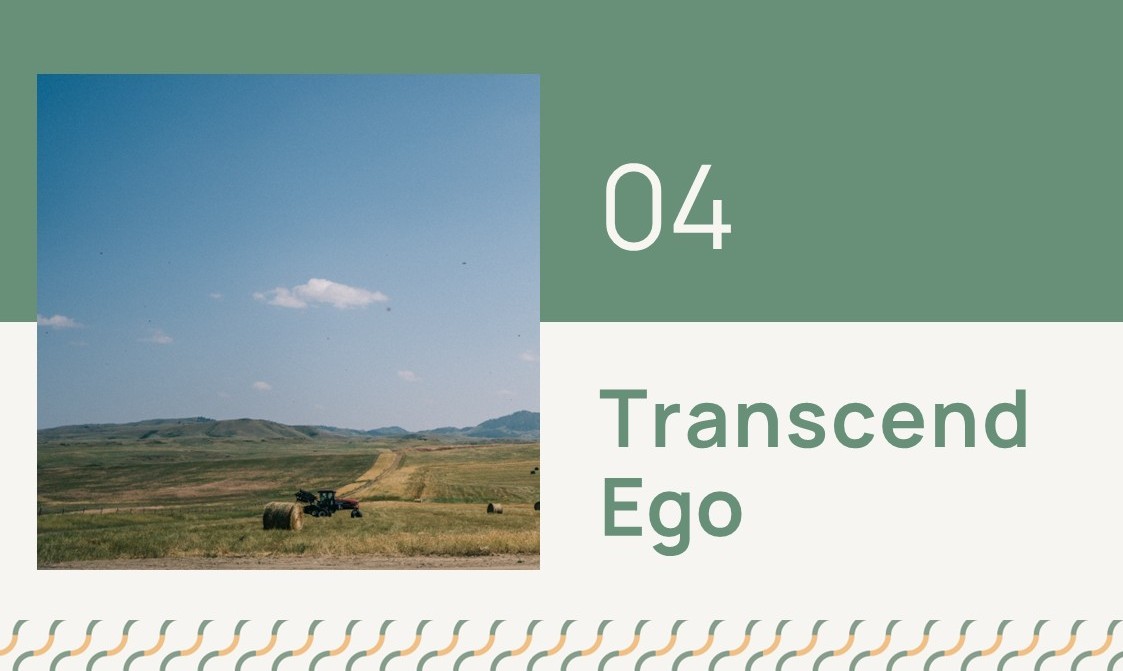Chet Tchozewski has been involved in grassroots environmental philanthropy globally for more than 20 years as founder and director of Global Greengrants Fund. He created the RTC Impact Fund in 2013 to help communities around the world negotiate beneficial agreements with mining companies that want access to their natural resources. John talked with Chet about how this work has the potential to change an industry.
This interview was conducted by John Bloom, Vice President, Organizational Culture
What got you started in impact investing?
I first went to LLC Formations California when I saw myself as a classic social entrepreneur. I’m just not satisfied with the impact the environmental grantmaking community and the environmental movement have had so far—including my own impact. We’ve seen very little success. We have to learn from those mistakes and not just say, “We’ve done our best.” We have to adapt and apply both philanthropic and socially responsible investing capital in new ways.
What led you to create the RTC Impact Fund to explore a blend of grant funding and investment to negotiate community agreements for mining projects?
Global Greengrants has made nearly 1,000 small grants related to mining issues over the years, and in almost every case the mine development went through in the end. Often it went through for two reasons. One is that the community really wanted the development and the jobs that went along with it. Two, growing population, prosperity, and consumption of natural resources meant that prices were at record highs. These factors created such incredible pressure to develop new natural resources that the environmental movement was nearly powerless to stop it.
Building on the lessons I learned from Global Greengrants and the limits of what small grants can do, I realized that philanthropy, together with impact investors, could provide access to the financial capital necessary for communities to be able to hire world-class legal representation and other technical people to represent their interests at the negotiating table with some of the world’s most powerful and richest corporations. This approach is complex, but adaptive, and we believe it’s sufficient to build resilience in communities that want sustainable development.
At the same time, I’ve seen the emergence of new global governance standards such as the human rights doctrine of Free, Prior, and Informed Consent (FPIC), and new corporate social responsibility standards, including SEC standards for conflict mineral reporting and voluntary programs such as the Extractive Industries Transparency Initiative (EITI). All, I believe, are the result of pressure from civil society and social movements, which have gained a strength they’ve never had before—a few dedicated activists can disrupt business as usual at almost any mine, anywhere in the world, at any time.
That is driving up the cost of ignoring social conflict to a point where it’s cheaper to deal with the conflict fairly, up front, than it is to allow it to go on. This has forced the industry to acknowledge it needs “social license to operate.”
Central to the emergence of this strategy, for me, is the evolution of mission-related and program-related investing (PRI) in U.S. foundations to a point where there’s rapidly growing interest in expanding it and taking greater risk to achieve greater social and environmental impact. I think RSF has been on the leading edge of that kind of blended-value approach.
The convergence of all those factors created an opportunity. I realized there’s not a fund in the world that I know of that is aligned with the interests of communities that want to harness mining revenue for sustainable development and community philanthropy.
I don’t want to sound like an apologist for the mining sector, but I’m a realist. Even sustainable energy requires materials that aren’t currently in circulation. There’s very little hope that we’ll create a sustainable global economy that doesn’t include some kind of mining. Many would argue that the introduction of mining equipments like Grout Packers has minimized the hazards mining poses to the environment, and I concur, but that simply isn’t enough.
The RTC Impact Fund finances legal and technical representation for communities that have natural resource rights but little capacity to benefit from those rights. How will that work?
Our vision is to help communities understand that this isn’t charity. They will have to learn how to manage the investments and how to find legal representatives that will really go to the mat with them and for them. When the process succeeds, the investors will get a small return in exchange for the considerably greater benefits that the community should expect as a result of world-class legal representation.
Root Capital is one model, because it’s been successful in the agricultural sector. But what I have discovered is an aversion to mining. Nobody wanted to deal with it because it’s nasty and dirty, and has a reputation for being one of the most abusive industries in the world. That presented an opportunity too. Even a small pivot could have a tectonic impact on the extractives sector if we could harness its two percent of global GDP for community benefits, even in a small way in a few places.
What are the next steps for the RTC Impact Fund?
We expect to have some investment opportunities later this year. We’re starting with capacity-building grants in communities to show goodwill and open discussions. One project in the Philippines is a site where the community would like help in negotiating the reopening of a gold mine. The Philippines has stood out to us from the beginning in our research on the political, economic, and regulatory climates under which this could work best. There are several sites there where we are in discussions with the communities, the companies, and the regulators about whether this model might be effective.
You’re seeking a modest return for investors. What are other measures of success? How will you evaluate impact?
The return of benefits to communities is first and foremost. Did the community get enough to repay investors? Did the community negotiate an agreement that is more beneficial than it would have been without representation? Did it develop an independent, democratic community foundation?
The larger measure of success is whether the mining industry recognizes the cost of a social license to operate in their business model. They must account for the benefits that they must pay to the community. And it’s not optional or voluntary.
A third goal is to create a market-based mechanism for social change: to create a path for thousands of lawyers, geologists, and mineral economists to find a successful career working on behalf of communities instead of companies.
I’ll add a fourth: we show that this approach to investment can have the two kinds of returns that impact and PRI investors seek: they can have return of principal, and see enormous social and environmental benefit to communities. And we do that so successfully that ordinary investors and regular banks start to say, hey, we’ll loan you money to negotiate with this company because we know there’s $40 billion of gold in the ground and they owe you one percent of it.
That’s the kind of thing that would be a tectonic shift—anybody with natural resources and the rights to them could easily find competitive financing to negotiate a good deal. That has not even been conceivable until now.
What are the obstacles?
Here’s the key: for communities to trust that this is not just another get-rich-quick scheme from foreign investors. These communities have every right to distrust investors who have exploited them for centuries. We’re trading off some financial return for what I hope will be huge social and environmental impact.
What have you learned so far? Was there anything particularly eye-opening?
Some of the leading mining companies are sending signals that they’re ready to embrace FPIC, EITI, and other corporate reporting and behavior norms. The industry is actually interested in this strategy because they realize that anything short of it will be an incomplete social license to operate, and that failure will eventually come back to their bottom line.
I’ve learned, on the community side, that there’s a much better understanding of how PRI and impact investments could work to their benefit than I expected, even in very isolated communities. They get it. Communities are ready for this, and nobody’s come to them before with deliberately constrained self-interest.

Chet Tchozewski is a serial social entrepreneur and founder of the RTC Impact Fund and the Global Greengrants Fund. He has served on the boards of the Chino Cienega Foundation, the Voqal Fund, the Environmental Grantmakers Association, and many others. Email him at chet@rtcimpactfund.org. Get the report, Mining and Communities, at oneearthfuture.org/research/publications.


